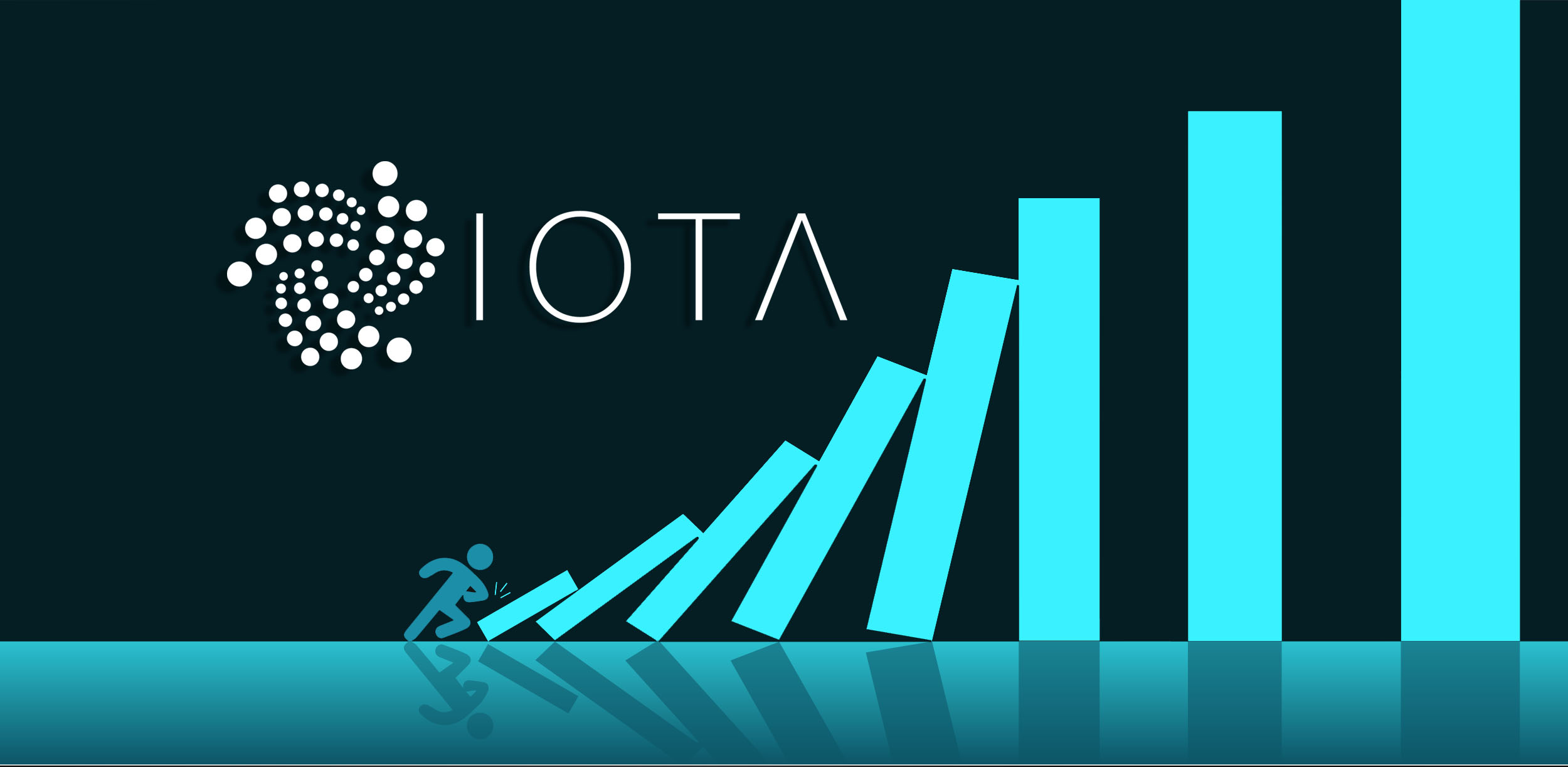|
Getting your Trinity Audio player ready...
|
As financial influencers—often called “finfluencers”—gain traction in the crypto world, their role in shaping investor decisions has never been more significant. These digital voices help demystify blockchain technologies, market trends, and investment strategies for millions of followers, offering a bridge between complex financial systems and everyday users. However, their growing influence comes with rising concerns about misinformation, hidden sponsorships, and unregulated promotions that can expose retail investors to serious risks.
The IOTA Foundation, a non-profit driving innovation in decentralized technologies, has weighed in on the matter with a formal response to the International Organization of Securities Commissions (IOSCO). The foundation is calling for a regulatory framework that strikes a balance—recognizing the value finfluencers bring to financial literacy while ensuring they operate under transparent and ethical guidelines.
A Global Definition for a Global Problem
One of the key proposals from IOTA is for IOSCO to define finfluencers based not just on whether they’re paid, but on their intent to promote financial products. This approach captures unpaid promotional activity and informal content across social platforms, live streams, and private chat groups. The goal is to make the rules applicable across borders and content types.
Accountability, Oversight, and AI Enforcement
IOTA advocates for a three-pronged strategy: mandatory disclosures, accountability from the companies employing finfluencers, and the use of AI to monitor online financial content. These tools, they argue, are vital to combat the speed and scale at which misleading financial advice can spread online.
Further, the foundation calls for international cooperation through a shared database of compliant and non-compliant finfluencers, along with a “Know Your Finfluencer” (KYF) protocol to help investors and institutions verify trustworthiness.
Also Read: IOTA Gas Station: Simplifying Web3 Onboarding Without the Need for Tokens
Education and Certification: Empowering the Public
Education is another pillar of IOTA’s proposal. Retail investors should be trained to spot red flags like unrealistic profit promises and encouraged to fact-check claims. Meanwhile, finfluencers could voluntarily pursue blockchain-based certification, possibly verified through IOTA’s own technology, to demonstrate credibility.
A Roadmap for Responsible Innovation
As the crypto space matures, the line between education and promotion continues to blur. IOTA’s recommendations offer a forward-looking blueprint to ensure that innovation in digital finance isn’t compromised by exploitation or misinformation.
In the words of IOTA’s advocacy: protecting investors doesn’t mean stifling innovation—it means making the ecosystem safer, smarter, and more transparent for all.
Disclaimer: The information in this article is for general purposes only and does not constitute financial advice. The author’s views are personal and may not reflect the views of Chain Affairs. Before making any investment decisions, you should always conduct your own research. Chain Affairs is not responsible for any financial losses.
I’m your translator between the financial Old World and the new frontier of crypto. After a career demystifying economics and markets, I enjoy elucidating crypto – from investment risks to earth-shaking potential. Let’s explore!




